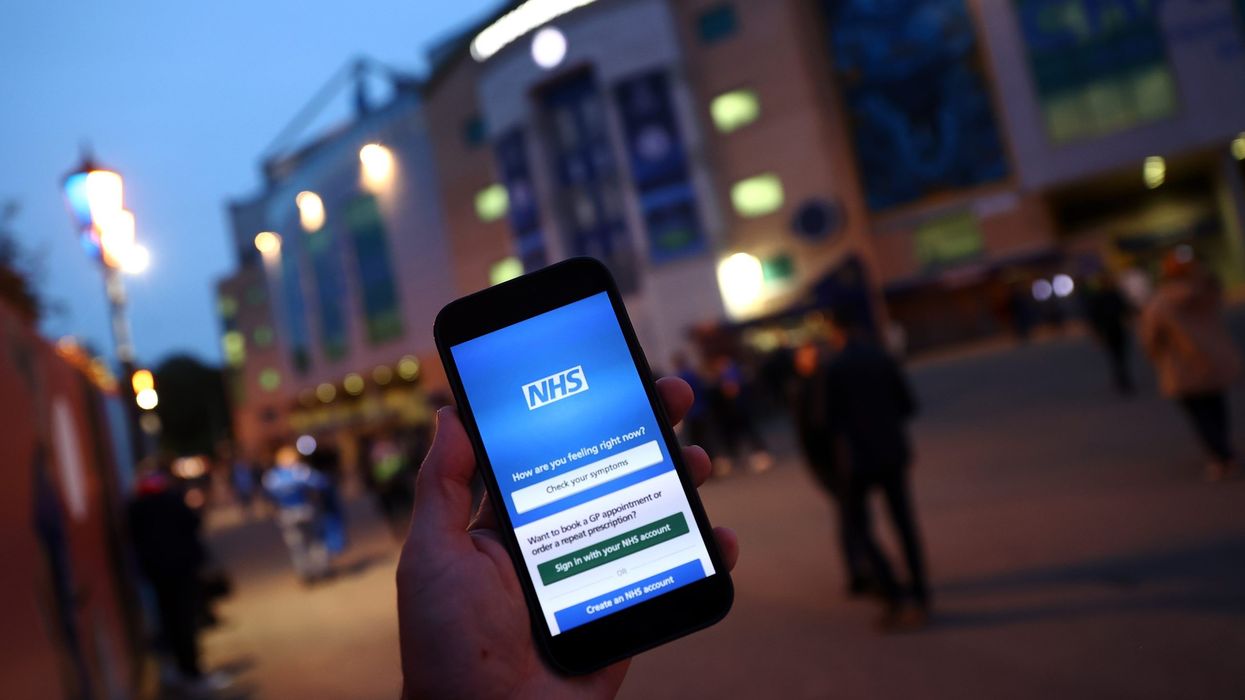75 per cent of adults in England are registered for digital prescriptions on the NHS App
In a groundbreaking move towards modernising healthcare, England's National Health Service (NHS) has successfully implemented digital prescriptions, as reported by the World Health Organization (WHO) in its latest regional digital health report.
Since January 2024, patients across England have had access to their prescription information through the NHS App, marking a significant leap in healthcare accessibility and efficiency.
With over 33 million registered users, representing 75 per cent of the adult population, the NHS App has become a vital tool in managing healthcare online.
The introduction of digital prescriptions allows users to order repeat prescriptions online without the need for a GP visit.
This innovation has witnessed a surge in digital requests, with over 3.1 million repeat prescriptions processed monthly.
Notably, this digital approach saves GPs an average of three minutes per prescription, leading to substantial time and cost savings for health centers.
Moreover, the launch of Pharmacy First has aided the NHS to lessen the burden on the GPs as pharmacies are assisting patients for common conditions including sore throat, shingles and uncomplicated cases of UTIs.
The report revealed that Pharmacy First scheme "is likely to lead to an increase in patients visiting pharmacies, so the App’s efficiencies for prescriptions will become ever more important".
Natasha Lane, Senior Programme Manager for Digital Medicines at NHS England, highlighted the gradual rollout and refinement of digital prescriptions, emphasising the importance of user feedback in enhancing the App's functionality and usability.
Commenting on the user experience and accessibility, she said "patients no longer have the inconvenience of having to go to a prescriber to collect a paper barcode.”
The benefits extend beyond healthcare providers, with Secretary of State for Health and Social Care Victoria Atkins acknowledging the tool's role in alleviating pressure on pharmacists and GPs, thereby reducing waiting lists and improving patient care.
Moreover, the integration of digital prescriptions into the NHS App enhances transparency within the healthcare system, empowering patients to take ownership of their health.
With over 500,000 weekly views of digital prescriptions, patients can now conveniently access their prescription information and address any concerns promptly, ultimately reducing delays and streamlining the healthcare process.
Furthermore, the WHO's report underscores England's pioneering role in digital healthcare within the European Region.
While England leads with digital prescription implementation, other European countries have also embraced electronic prescriptions, with some even establishing interoperable systems for cross-border prescriptions.
This digital transformation aligns with WHO/Europe's strategic objectives to enhance patient safety, quality of care, and universal health coverage.
By leveraging digital tools, healthcare systems can effectively address the evolving needs of patients and healthcare professionals alike.












